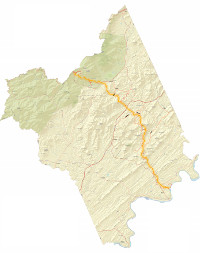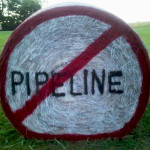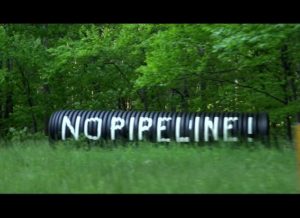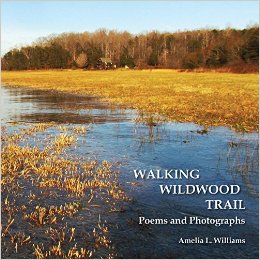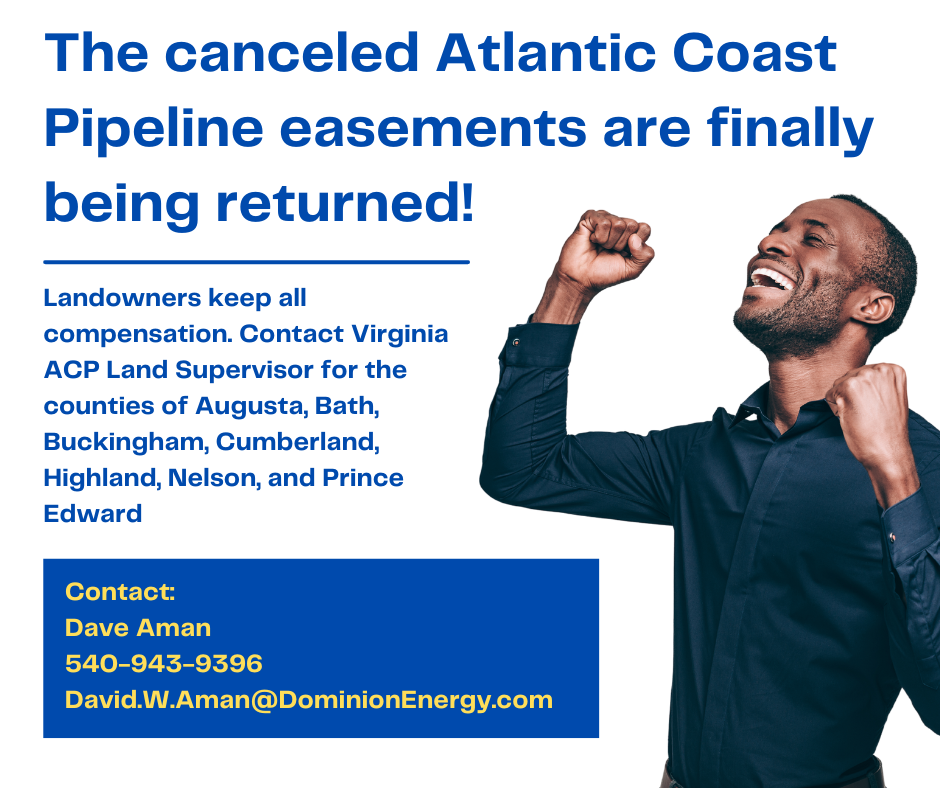
Canceled Atlantic Coast Pipeline Easements Being Returned!
Happy new year! We are pleased to share with you this article in the Nelson County Times recently about the return of landowner easements on the canceled Atlantic Coast Pipeline.
Dominion Energy has agreed to return all easements to landowners. Landowners will keep all compensation.
For two and a half years the Niskanen Center, along with Joyce Burton (landowner liaison for Friends of Nelson) helped to turn this tide. This effort included a year-long partnership with Senator Tim Kaine’s office.
If you are a landowner on the canceled ACP route and want an expedited release (for example if you have plans for the property or you want to sell) please see the link below to contact the land agent in your area.
Virginia ACP Land Supervisor counties of Augusta, Bath, Buckingham, Cumberland, Highland, Nelson, and Prince Edward contact:
Dave Aman
540-943-9396
David.W.Aman@DominionEnergy.com
Please note that your land agent may be different than the one you initially worked with. For all counties on the ACP route see the link here for your land agent.
https://atlanticcoastpipeline.com/resources/docs/landowners/acp.fs.landownercontactinfo_july2020_v2%20(004).pdf
Together we are stronger!

